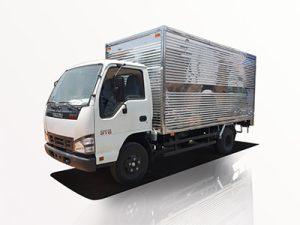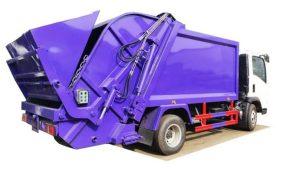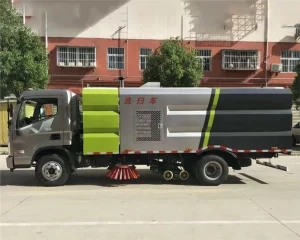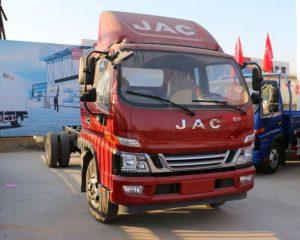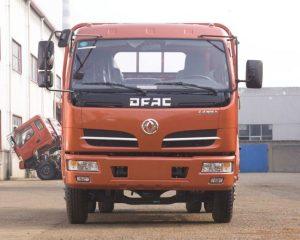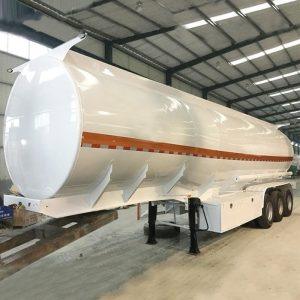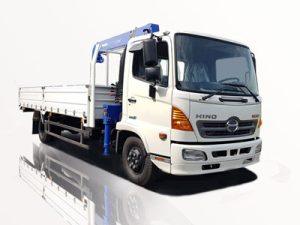Monday to Saturday - 8:00 -17:30
International Water Truck: A Comprehensive Guide to Water Transportation Solutions
In a world where water scarcity is becoming an increasingly pressing issue, the demand for efficient and reliable water transportation solutions has never been higher. Among these, the international water truck is emerging as a vital player in the global water distribution landscape. This article delves deep into the concept of international water trucks, their importance, functionalities, and the various aspects that surround them.
What is an International Water Truck?
An international water truck is a specialized vehicle designed to transport large volumes of water across different geographical boundaries. These trucks are equipped with tanks that can hold varying amounts of water, and they are commonly used in both urban and rural settings. Their applications range from supplying drinking water to emergency response during natural disasters.
Types of International Water Trucks
International water trucks can be categorized based on their design and usage:
- Vacuum Tank Trucks: These trucks are designed to collect and transport wastewater or sludge in addition to clean water.
- Cargo Tank Trucks: Typically used for transporting potable water, these trucks have tanks that meet health and safety regulations.
- Fire Tankers: Equipped to fight fires, these trucks can deliver large amounts of water quickly. They are often used in rural firefighting scenarios.
- Multi-Use Trucks: These are versatile vehicles capable of transporting various fluids, including water, fuel, and other liquids.
The Importance of International Water Trucks
Water trucks play a critical role in several sectors, including:
Emergency Services
During natural disasters, such as floods or earthquakes, traditional water supply systems may fail. Water trucks can deliver essential water supplies to affected areas promptly.
Construction and Mining
Construction sites and mining operations require a constant water supply for various processes, such as dust control and machinery operation. International water trucks ensure that these sites remain operational without interruptions.
Agriculture
In arid regions, farmers often rely on water trucks to irrigate their fields, ensuring crop growth and productivity. This is especially vital during drought seasons.
Residential Needs
In remote and rural areas without direct access to municipal water systems, water trucks provide a lifeline by delivering safe drinking water directly to households.
How International Water Trucks Operate
The operation of an international water truck involves several steps:
1. Sourcing Water
Water trucks fill their tanks from various sources, such as reservoirs, wells, or municipal water supplies. It is crucial to ensure that the water is safe for its intended use, especially for drinking purposes.
2. Transport
After loading, the truck delivers the water to the destination. Drivers must adhere to regulations regarding the weight limits and routes to ensure safe transportation.
3. Offloading
Water can be offloaded directly into storage tanks or distributed into smaller containers for residential use. This can be done through gravity fill or pump systems, depending on the requirements.
Regulations and Standards for International Water Trucks
Transporting water across borders requires compliance with various regulations and standards:
Health and Safety Regulations
Water trucks must meet strict standards established by health organizations to ensure that the water is potable. These include regulations regarding the materials used in the truck’s tank and plumbing.
Transportation Laws
Each country has its own laws regarding road transportation, including weight limits, licensing for drivers, and insurance requirements. Understanding these regulations is essential for companies operating internationally.
Important Regulations to Consider
| Country | Regulation | Details |
|---|---|---|
| USA | EPA Standards | Comply with drinking water regulations set by the Environmental Protection Agency. |
| Canada | Safe Drinking Water Act | Water must meet federal and provincial drinking water quality standards. |
| Australia | Australian Drinking Water Guidelines | Adherence to guidelines that ensure the safety of drinking water supply. |
Challenges Faced by International Water Trucks
Despite their importance, international water trucks face numerous challenges:
Infrastructure Limitations
Poor road conditions and inadequate infrastructure in some regions can hinder the efficient operation of water trucks. This can lead to increased transportation costs and extended delivery times.
Environmental Concerns
Water extraction from natural sources can lead to environmental degradation if not managed responsibly. Sustainable practices are essential to mitigate these impacts.
Cost Factors
The costs associated with operating an international water truck can be significant. Factors such as fuel prices, maintenance, and regulatory compliance can add to the overall expenses.
Benefits of Using International Water Trucks
There are numerous advantages to utilizing international water trucks:
Flexibility
International water trucks can deliver water to various locations, making them highly adaptable to changing needs. This flexibility is crucial in emergency situations.
Speed
When immediate water supply is needed, water trucks can deliver large amounts of water quickly compared to traditional supply systems.
Accessibility
Water trucks can reach remote areas where traditional pipe systems may not be feasible, ensuring that even hard-to-reach communities have access to water.
Finding a Reliable International Water Truck Service
1. Research and Compare Providers
When looking for an international water truck service, it’s crucial to research different providers and compare their services. Consider factors like reputation, reliability, and customer reviews.
2. Check for Certifications and Licenses
Ensure the water truck service complies with relevant regulations and holds all necessary certifications and licenses.
3. Ask About Water Sources
Inquire about the sources of the water they supply. Reliable providers should ensure that the water meets safety standards.
4. Understand Pricing Structures
Discuss pricing upfront to avoid hidden costs. Different companies may have varying rates based on distance, volume, and type of water supplied.
Practical Tips for Using International Water Trucks Effectively
1. Plan Deliveries Ahead of Time
For large projects like construction or agricultural operations, planning water deliveries in advance can ensure you maintain continuous operations without interruption.
2. Build Relationships with Providers
Developing a good rapport with water truck providers can lead to better service, pricing, and reliability.
3. Maintain an Adequate Supply Plan
Monitor water usage and plan for contingencies, especially in areas with fluctuating water availability.
Frequently Asked Questions (FAQ)
1. What type of water can international water trucks transport?
International water trucks can transport various types of water, including potable drinking water, water for agricultural use, and industrial water. It is important to ensure that the trucks are compliant with health regulations for drinking water.
2. How do I know if a water truck service is reliable?
Look for customer reviews, ask for references, and check if they comply with local and international regulations. A reputable company will have transparent practices and certifications.
3. What are the costs associated with hiring an international water truck?
The costs can vary significantly based on factors such as distance, volume of water, and specific service requirements. It’s best to get quotes from multiple companies to compare prices.
4. Can I use water trucks for emergency services?
Yes, international water trucks are commonly used in emergency services during natural disasters to deliver essential water supplies to affected areas.
5. Are there any environmental regulations for water extraction?
Yes, many countries have environmental regulations governing water extraction from natural sources to prevent over-extraction and protect ecosystems. Always check local laws before utilizing a water truck service.
6. What should I consider when choosing a water source for a truck?
Consider the water’s quality, compliance with health standards, and sustainability of the source. Ensure that the water meets the intended use, especially for drinking purposes.



